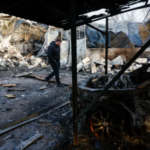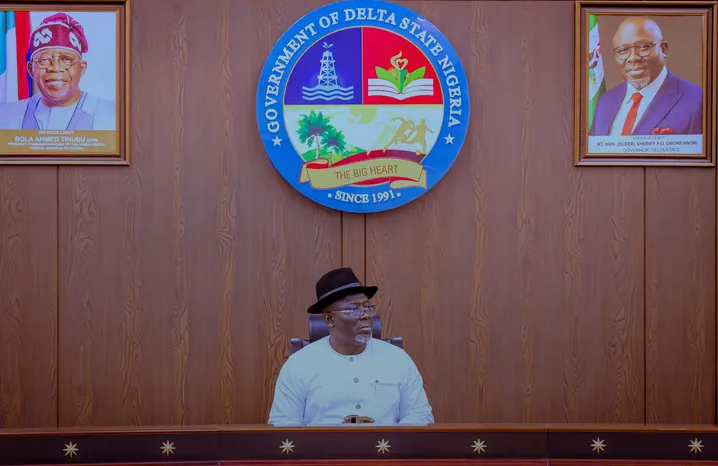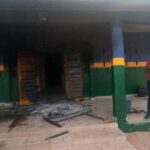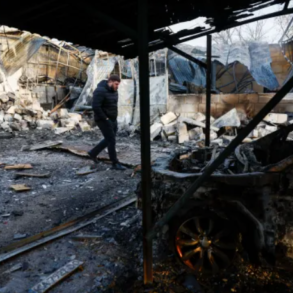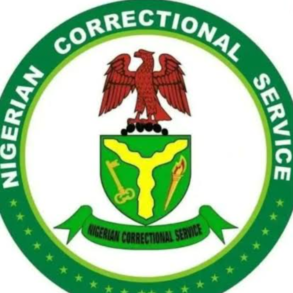The recent approvals by the Delta State Executive Council, under the leadership of Governor Rt. Hon. Sheriff Oborevwori, on July 22, 2025, reflect a robust and wide-reaching infrastructure development agenda aimed at enhancing connectivity, promoting urban and rural development, and addressing environmental challenges across the state. The scale and variety of projects underscore a governance approach focused on continuity, equity, and strategic investments in public infrastructure.
Among the most prominent projects are the design and construction of two flyover bridges: one at Uromi Junction in Agbor, Ika South Local Government Area, and the other along the Ughelli/Patani (East-West) Highway at Otovwodo Junction in Ughelli. These high-impact projects are expected to significantly ease traffic congestion, improve vehicular flow, and enhance safety at two major intersections within Delta State. Given their locations, the flyovers are also likely to facilitate trade and regional movement, contributing to economic activity in those zones.
The council also approved a series of road construction and rehabilitation projects cutting across various local government areas. These include rural and inter-community roads such as Kolokolo/Tisun Road in Warri North, Bomadi/Gbaregolor Road in Bomadi, and Bulu-Angiama Road near the Ughelli/Patani axis. The completion of these roads is vital for improving access to remote and riverine communities, many of which are oil-producing and agriculturally significant.
Projects within educational institutions, such as internal roads in the College of Education in Mosogar and access roads to the Model Technical College in Obiaruku, point to a commitment to strengthening the learning environment. By focusing on infrastructure within schools and colleges, the administration is likely aiming to boost both accessibility and the quality of the educational experience for students and staff.
Urban infrastructure is also receiving considerable attention. Internal roads in areas like Olikili Layout in Asaba, Jjaghala and Kantu in Warri South-West, and Okowa Crescent in Ughelli demonstrate the government’s intent to upgrade residential and community spaces. The reconstruction of the dual carriageway section of the Warri-Sapele Road, a major economic corridor, is particularly significant for commercial transport and regional logistics.
Equally noteworthy are the flood control measures targeted at high-risk urban areas. Drainage projects from Orikeze Avenue to Orogodo River in Ika South and from Summit Road through various streets and institutions in Oshimili South suggest that the administration is addressing persistent flooding problems that often disrupt social and economic life during the rainy season.
Altogether, the project approvals reflect an inclusive and balanced development strategy that cuts across senatorial districts and serves both urban centers and marginalized rural areas. The combination of road infrastructure, educational support, urban renewal, and environmental protection initiatives signals a clear intent by the Oborevwori-led government to leave a transformative imprint on Delta State’s physical and socioeconomic landscape.


